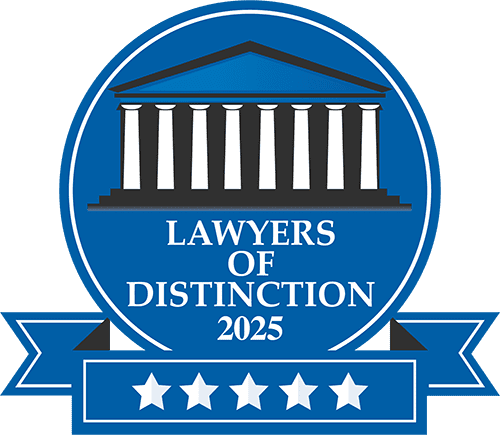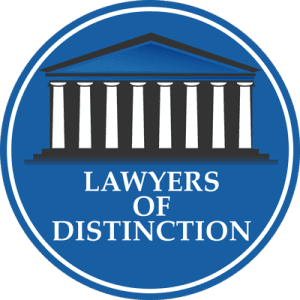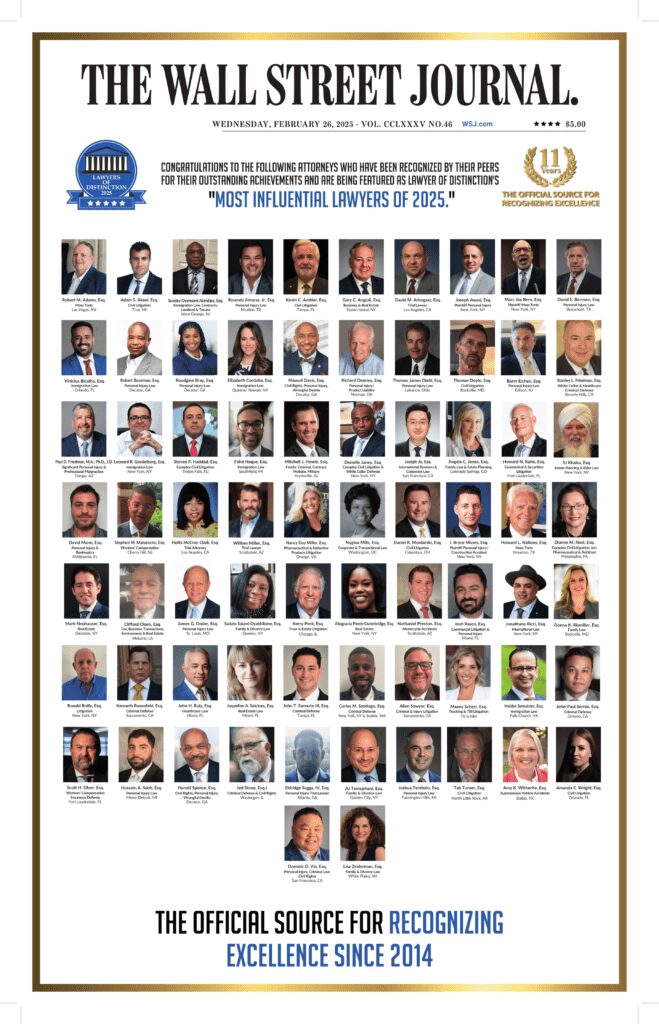Relationships are important for all successful law firms. Existing client relationships can be strengthened by hosting an event. This will develop connections with potential referral sources and new prospects. According to a survey, 45 percent of lawyers cited firm hosted events as the best source of business development with client meetings being second. Approximately 27 percent want to see more execution and event planning from their legal marketing teams.
Events are valuable for the general marketing strategy of the firm. Events help attorneys generate positive publicity and obtain fresh leads. Some events require extensive preparation and a large marketing budget. To be significant the event does not have to be on a large scale. Attorneys can plan both online and offline events without using a lot of resources.
Joint Marketing Events
New law firms can attract attendees with significant promotional efforts. Organizations can team up to fill additional seats at events by leveraging audience databases. Partnering with a nonprofit locally can extend reach while strengthening local community ties. Strategically teaming with a professional group or charity experienced with holding events enables the law firm to share costs, mitigate risks and increase the odds for a good turnout. Partnerships with nonprofits, assisted living centers, financial advisors and educational services are beneficial.
Educational Events
Educational events enable law firms to personally demonstrate their knowledge while engaging with their community. Although this can be a workshop or class, seminars are extremely popular for the legal sector. A seminar can be hosted by an immigration lawyer about federal and state law updates potentially impacting their client base. Seminars provide community interaction and visibility. Webinars offer online communication. Sales pitches should be discarded to provide attendees with value.
A few educational events may be necessary to increase attendance but seminars will be effective once the law first builds their credibility. The events succeed because lawyers are experienced public speakers well regarded in their individual fields. Webinars and seminars are successful due to the choice of interesting topics and addressing the questions of the people.
Online Events
Online events are useful for law firms interested in eliminating the challenge of hosting an offline event or cutting costs. The attorneys connect with a larger percentage of their target audience without the limitations of one geographical location. This is beneficial for larger practices with multiple locations. Livestream video can be used for social media platforms including YouTube, Periscope and Instagram. The main platform for Livestream video is currently Facebook Live with over two billion users.
Attorneys can host live streams and webinars in different formats such as presentations and Q&A sessions for certain topics. Lawyers can share their knowledge in an engaging manner. The content must be kept general with no specific legal advice being provided online. Online events are popular because no technical skills or video editing equipment are necessary. The attorney simply determines the times to start and end the broadcast to encourage event participation.
Video recordings can be archived by law firms to make them available for the attendees of a live event. Once a Facebook Live stream is complete, the videos can be replayed to gain the attention of additional viewers. The shelf life can be extended by repurposing the video content into an ebook or blog post. Live streaming can also be used as a marketing tool to promote other events to reach a larger audience.
Community Initiatives
Not every event hosted by an attorney needs to relate to their practice. Law firms can host social and fun activities including blood drives, beach cleanups or hikes. This enables the law firm to give back to their community while increasing awareness by becoming involved with their communities. Ongoing relationships can be developed by law firms with organizations and charitable causes personally affecting the attorneys and staff support.
The Planning Process
Law firms hosting events can concentrate on their desired outcomes by identifying the target audience. This can thank their clients, enhance a specific area of practice or provide a connection with the local community. The attendees should receive value for their attention and time. The experience can be enhanced by offering exposure to speakers with high profiles, networking opportunities or information. The date, time and venue are then chosen. The content shared must be strong with an optimal day selected.
The seminar must be convenient for the attendees, consider the availability of the lawyers and the suitability of the space. Larger budgets and logistical considerations are required for events such as networking events and workshops. When food or drinks are important for the event, attorneys can establish an arrangement mutually beneficial for local caterers and restaurants. In exchange for services, businesses receive a free opportunity for marketing.
For any attendees establishing their first contact with the legal firm, valuable resources can be offered such as a video, guide or ebook containing more information regarding the topics the event covers. The materials on the website of the law firm can be accessed when the attendees provide an email address.
Getting the Word Out
Law firms can combine different marketing tactics to announce events and gain the interest of the prospective attendees. Local media can be contacted by attorneys while ads are placed in local newspapers for event publicity. When another organization is participating, they can be asked to announce the event. One popular method for advertising an event is email marketing. Email blasts are effective for reminding attendees about the event and sending out thank you messages after completion.
Due to spam filters and overflowing inboxes, all emails are not opened. Communication channels must be diversified as opposed to relying on email for marketing the event. Due to the ease of sharing and the significant number of users, social media is an effective tool for event marketing. This is an excellent option for remaining on top with the targeted audience. Events must be announced with the social media accounts of the firm posting regular updates. This included LinkedIn, Twitter and Facebook.
Events can be promoted by law firms through blogs or the event calendar on their website. The blog can share content prior to the event as well as the success upon completion using recaps, video clips or photos. This keeps the audience engaged in addition to being good for SEO purposes. Online registration can be established through an external platform or the website of the law firm. Online registration is a fast and easy way for attendees to sign up for a class or seminar. This enables the law firm to anticipate the number of guests.
After the Event
When a law firm invests marketing funds, energy and time into an event, the strategic value must be maximized. Events can be used for marketing due to the content generated. Webinars can generate video recordings where slides are often used during seminars. This can be repurposed to share on the website of the law firm across all of their social media channels.
Follow up after the event with the attendees is important for feedback. This helps with an evaluation of the success of the event. Improvements necessary for the next event can then be determined. Referrals and testimonials from satisfied attendees can be used to persuade attendees for future events. Well executed events are a valuable tool for the generation of new client leads for law firms.






